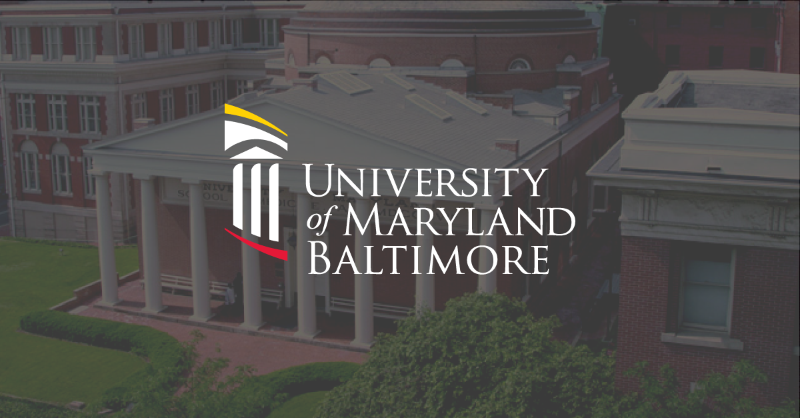- Joined
- Nov 10, 2022
- Messages
- 9
- Reaction score
- 0
- Points
- 76
- Pre-Dental
Hi everyone,
I hope you're all doing well! I am currently a D2 student and I wanted to ask about the surgical component of your prosthodontic programs. I understand each program is different, but I’m particularly interested in getting a sense of how surgically involved your training is, as that’s an area I’d really like to be more involved in when I get into residency and private practice. I know UNC, Uconn, and UIC are pretty surgically heavy but I want to hear about other programs out there. Like do you guys do sinus lifts and bone grafts as well as I know some prosth programs allow you to do some of that.
I appreciate any insight you can share thank you so much for your time and help!
I hope you're all doing well! I am currently a D2 student and I wanted to ask about the surgical component of your prosthodontic programs. I understand each program is different, but I’m particularly interested in getting a sense of how surgically involved your training is, as that’s an area I’d really like to be more involved in when I get into residency and private practice. I know UNC, Uconn, and UIC are pretty surgically heavy but I want to hear about other programs out there. Like do you guys do sinus lifts and bone grafts as well as I know some prosth programs allow you to do some of that.
I appreciate any insight you can share thank you so much for your time and help!

